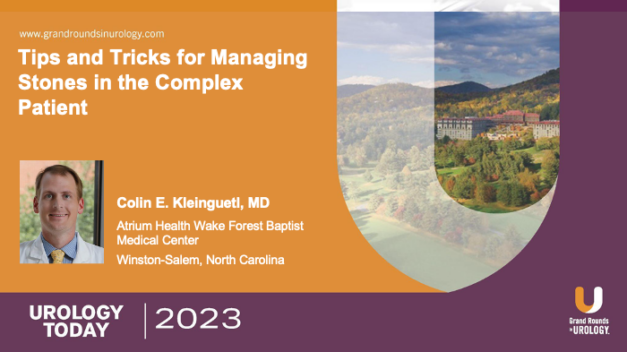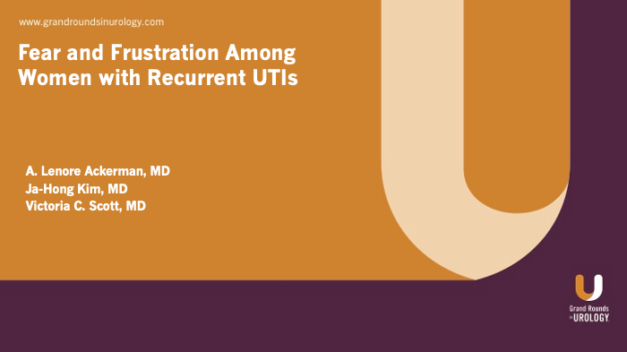Antibiotic Stewardship for Procedures and Patients with Recurring Infections
Brian J. Flynn, MD, presents guidance on effective UTI management while minimizing antibiotic resistance. Dr. Flynn begins with an overview of recurring UTI pathogenesis and diagnosis.
Dr. Flynn then addresses common treatment options for recurrent UTI management, like Fosfomycin. He reviews the common first-line antibiotics, highlighting the importance of short-duration antibiotics after non-antibiotic treatments have failed.
Dr. Flynn then delves into other prophylactic strategies for treating recurrent UTIs. He discusses prophylactics relating to cleanliness, specific cranberry products, water intake, and methanamine hippurate.
Dr. Flynn concludes by addressing the social and psychological impact of recurrent UTIs, particularly in post-menopausal women. He stresses the importance of discussing contributing factors frankly, but empathetically, with patients to achieve the desired treatment outcome.
Read More




